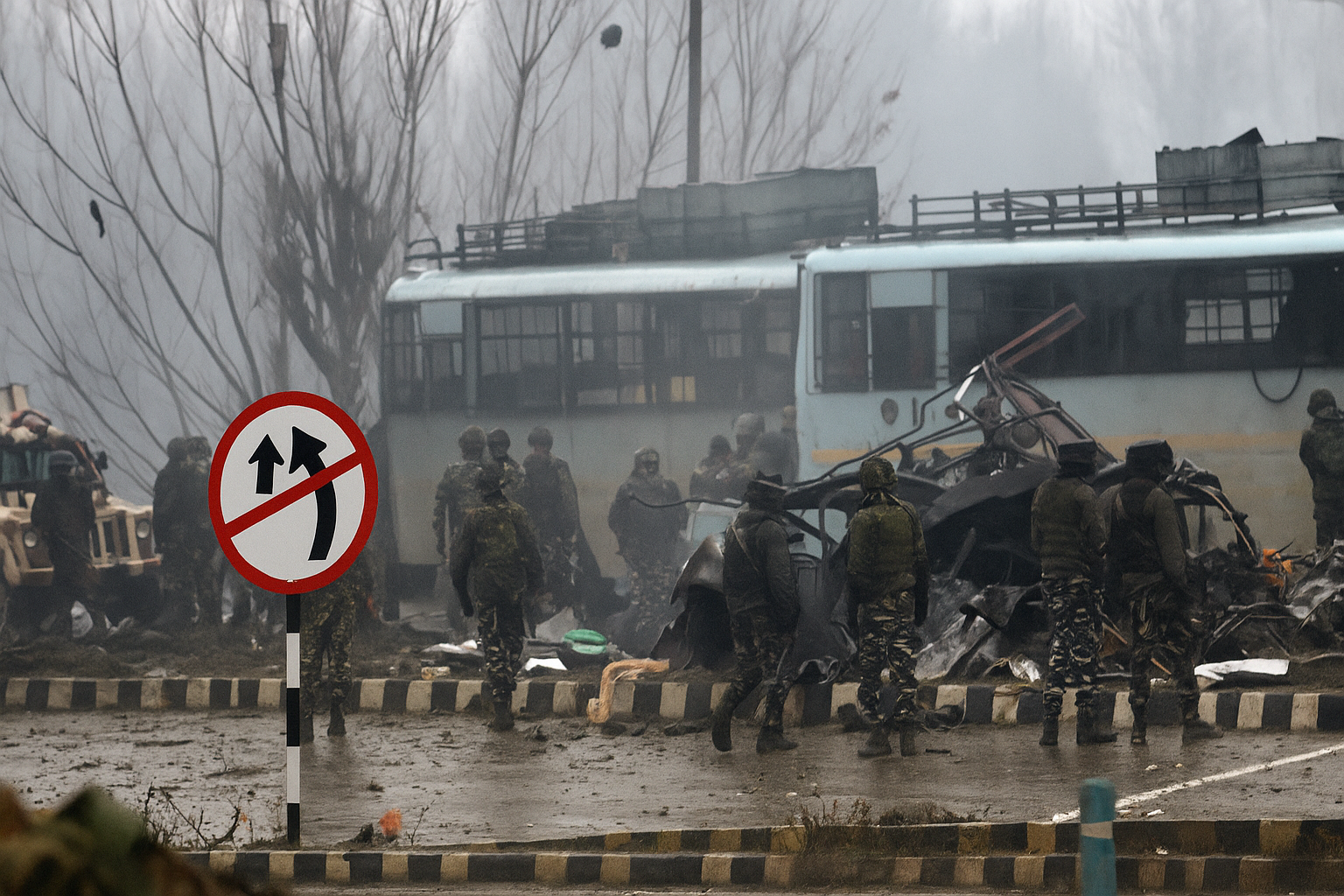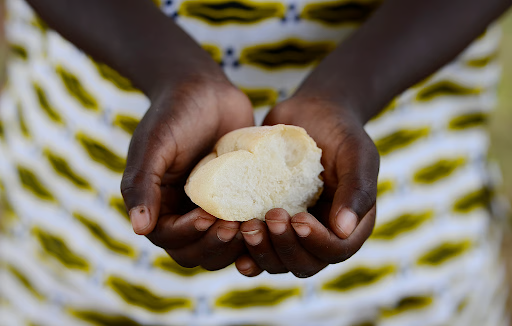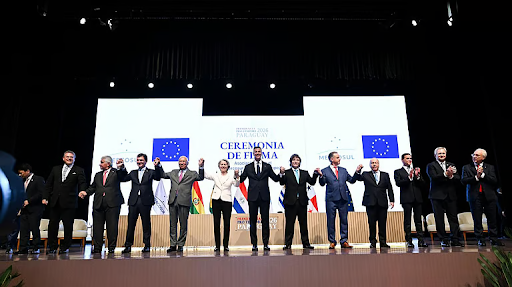



A FATF report uncovers terrorists' use of e-commerce sites like Amazon and VPNs for financing, citing the Pulwama attack (aluminum powder procurement) and Gorakhnath Temple attack (PayPal transfers, VPNs). It also highlights state sponsorship, decentralized operations, and new funding schemes, including commodities trade and gold storage, highlighting evolving terror finance risks.

Copyright infringement not intended
Picture Courtesy: INDIAN EXPRESS
The Financial Action Task Force (FATF) report reveals e‑commerce, VPN misuse in Pulwama and Gorakhnath attacks.
The Financial Action Task Force (FATF) is an international organization established in 1989 by G7.
It sets global standards and promotes policies to fight money laundering and terrorist financing.
Its report, "Comprehensive Update on Terrorist Financing Risks," found that terror groups use digital platforms to fund their activities.
In the Pulwama terror attack in February 2019, a suicide bomber used an improvised explosive device (IED) to kill 40 CRPF personnel. An IED is a "homemade" bomb.
Investigators found that a key ingredient for the bomb, aluminum powder, was purchased through the online marketplace. This indicates how terrorists can use legitimate e-commerce sites to get materials for their attacks.
In the Gorakhnath Temple attack in April 2022, an individual influenced by ISIL (another name for ISIS, a terrorist group) attacked security personnel.
The investigation revealed that the individual transferred over Rs 6.69 lakh to foreign countries to support ISIL. He made the payments using PayPal, an online payment service, and used Virtual Private Network (VPN) services to mask his computer's location (IP address).
"State sponsorship" of terrorism means that a national government provides financial or other types of support to terrorist organizations.
The FATF report, without naming specific countries, mentioned that some governments offer direct money, logistical help (like transportation or supplies), or even training to groups that commit terror acts.
Sometimes, these governments also help terrorists avoid international sanctions (penalties) by using complex trade and smuggling methods, like selling oil in one country to buy gold, and then converting the gold into cash somewhere else.
The FATF has observed a trend where terror operations are becoming more "decentralized", instead of having a single, central command that handles all funding and decisions, groups are splitting into smaller, regional hubs and self-financed cells. These smaller groups adapt to local situations and find their own ways to raise money. This shift makes it harder for authorities to track and stop their financing.
Must Read Articles:
FATF (FINANCIAL ACTION TASK FORCE)
FATF GREYLIST: PAKISTAN IN FOCUS
Source:
|
PRACTICE QUESTION Q. To what extent can Artificial Intelligence (AI) be both a tool for counter-terrorism and a potential enabler for terror activities in the digital realm? Discuss the dual-use nature of emerging technologies. 250 words |



© 2026 iasgyan. All right reserved